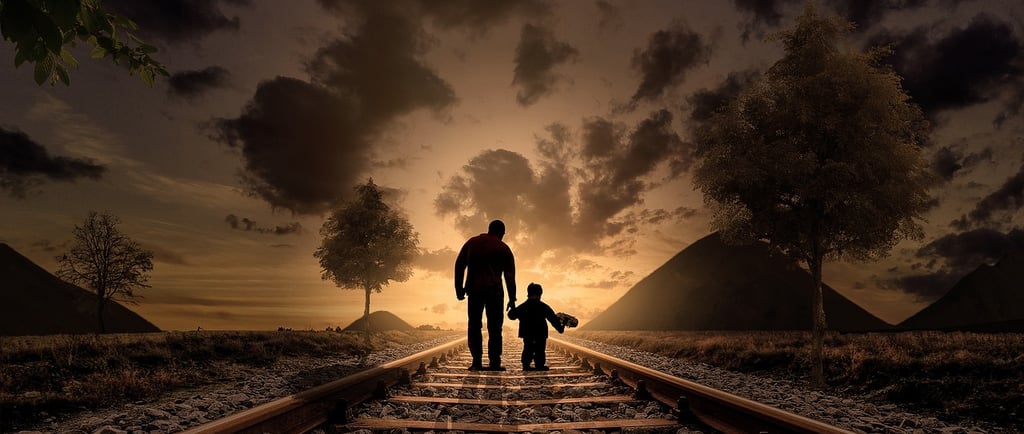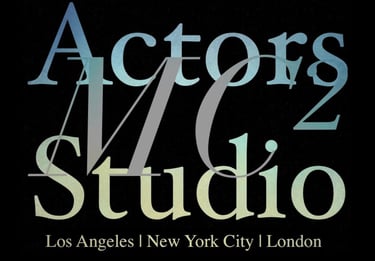An Early Life Lesson


My post content
An Early Life Lesson
by Mario A. Campanaro
I will never forget when I was in the first grade, a close friend of mine—let’s call him He-who-will-not-be-named—said, "I hate you!" and proceeded to attack my hair like his life depended on it. He didn’t let go until my playground guardian angel, in the form of a teacher’s aide, came over and pried his claws from my carefully sculpted bowl cut. It was the cat fight of the era, according to the popular playground posse. And when one goes to Bellville Number 5 Elementary School in New Jersey, that holds some weight. We were both sent to the terrifying principal’s office, which reeked of Parliaments, and suffered some kind of ridiculous but loud scolding. Looking back now, the principal’s ferocious yelling didn’t really address anything except to instill fear, which didn’t remedy a broken sacred friendship.
However, I wasn’t really bothered by the hollow consequences of scholastic authority. The real suffering for me was that I couldn’t shake the fact that someone intentionally sought out to hurt someone else—me—and I couldn’t make sense of it. A week earlier, we were such good friends, talking about putting on a play in my basement called The Beast and The Servant (I think my mother still has a copy of that timeless masterpiece somewhere). The next minute, I was his nemesis... his target. It hurt. My heart hurt, though I didn’t even understand what that meant at the time. I just knew something in my chest felt different than it had the day before, and that change did not feel good.
What happened? What did I do? Was I a bad friend? Was I a bad person? How could someone I once played, laughed, and talked with about deep seven-year-old stuff now hate me so much that they wanted to hurt me? Decades later, I still don’t know why He-who-will-not-be-named lashed out the way he did. We never had the discussion, and no one really addressed it other than telling us that what we did was bad and not to do it again. I even think we were given detention in separate rooms, and never encouraged to talk it out. There was no communication between us ever again. I guess this was my first introduction to what’s now a common act: ghosting.
I never received answers to the questions that haunted me as a child. But many years later, with many gray hairs, I’ve done extensive homework to understand why humans behave the way they do. And this is the foundation of how I teach. I’ve come to the conclusion that those in pain have received pain, and unconsciously, they cause pain when triggered. Even if those triggers are unknown to the person being triggered. Well, a lot of time has passed, and I’m lucky to say that I haven’t been in any kind of physical altercation since that first-grade trauma. But I’ve experienced many other ways we hurt each other. There are, of course, the global issues that are reprehensible and heartbreaking. But there’s also a silent epidemic we’ve allowed ourselves to become complacent in.
Our silence is a weapon that can cause a lot of damage. Our inability or unwillingness to communicate can be just as injurious. Hiding behind screens allows for miscommunication that can destroy relationships. Even something as simple as a conscious choice not to be supportive or celebratory of another’s accomplishments can wound. There are so many weapons we use, consciously or unconsciously, that are just as damaging emotionally and spiritually as He-who-will-not-be-named’s infamous hair pull was physically.
Despite what we may think or even remember, we all have one thing in common: our desire to live a happy, healthy, peaceful life. We’re all doing the best we can with what we have and are always trying to improve our circumstances. These circumstances shape the world in which we perceive and cause us to react based on how we’re triggered. However we go about doing that is based on the accumulation of our life experiences and, at the very core, how we received (or did not receive) love. This becomes harmful when these triggers remain unconscious, taking control of our psyche and actions, allowing us to repeat patterns that are not necessarily in our best interest or for our relationships.
We rarely take a moment to look at the full spectrum of relationships to understand how we can truly affect others. We become so focused on our own needs that our actions compound the very cause of why we began responding the way we do. We get trapped in a vicious cycle of our unconscious pain-body and forget that we are the very thing keeping it alive. If it sounds complicated, it is, and it isn’t. It’s complicated because we’re addicted to our wounds. It isn’t complicated because our wounds are only trapped energy that can be released and healed through the power of magnetic intention.
But in order to have the intention, there needs to be awareness and the will to change. And in my case, as would be the case for any of us, that awareness and will to change has to start with me. No matter how much it can hurt at times, I have to keep my heart open without the expectation of someone else’s heart being open. I have to forgive without the expectation of being forgiven. I have to find a way to know that my interpretation of events may not be the only truth of what those events are or what caused them.
I have to allow myself compassionate understanding of circumstances, even when they hurt, without the expectation of compassion from another. I have to keep inspiring, encouraging, and supporting, without the expectation of being inspired, encouraged, or supported. I have to find a way to keep loving without the expectation of being loved. I have to take responsibility and accountability for my experience in this life. Maybe others will take a similar path. I hope so, but I cannot expect that result.
We have free will within our minds about our experiences, and the choice is individual, based on that chosen perception. Looking back now, I know He-who-will-not-be-named must have been in pain that day. Maybe something happened at home. Maybe he was going through something treacherous and didn’t know how to cope. Maybe he lashed out at me because he knew I loved him as a friend and it would be okay. Maybe he lashed out because he needed me and had no idea how to ask. Maybe he just needed a freakin’ hug!
Maybe if we had understood these simple yet complex issues… Maybe if we had opened a dialogue addressing the root of the pain… Maybe He-who-will-not-be-named and I would still be amazing friends thirty-three years later. But that did not happen, and unfortunately, history cannot be rewritten. So, to my friend in first grade… as the Ho’oponopono prayer goes… I Am Sorry. Please Forgive Me. I Love You. Thank You.
With all the years that have passed, I can honestly say that I am thankful for that confusing incident. It has been an amazing, ongoing learning lesson. He-who-will-not-be-named was never really an enemy. He was a teacher. And so we all keep going and learning along the way… P.S. I never forgot your name, my friend.
Copyright © 2025 Mario A. Campanaro, All rights reserved.


